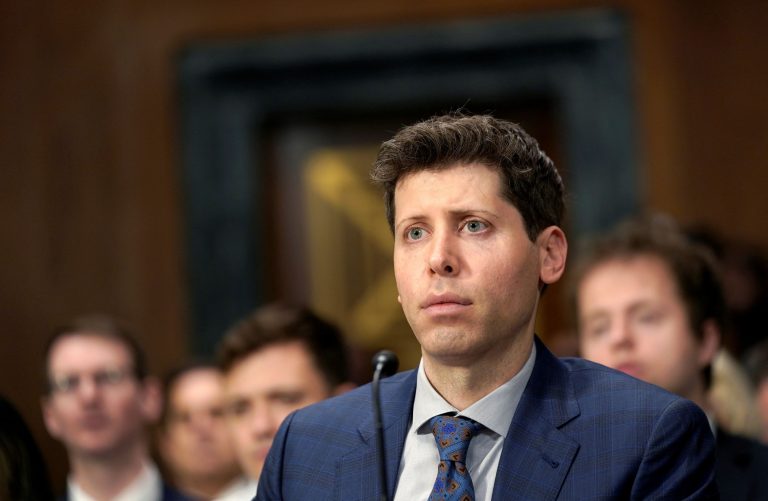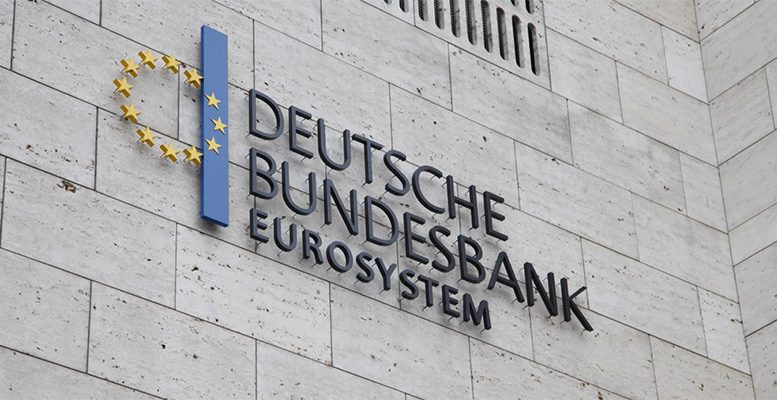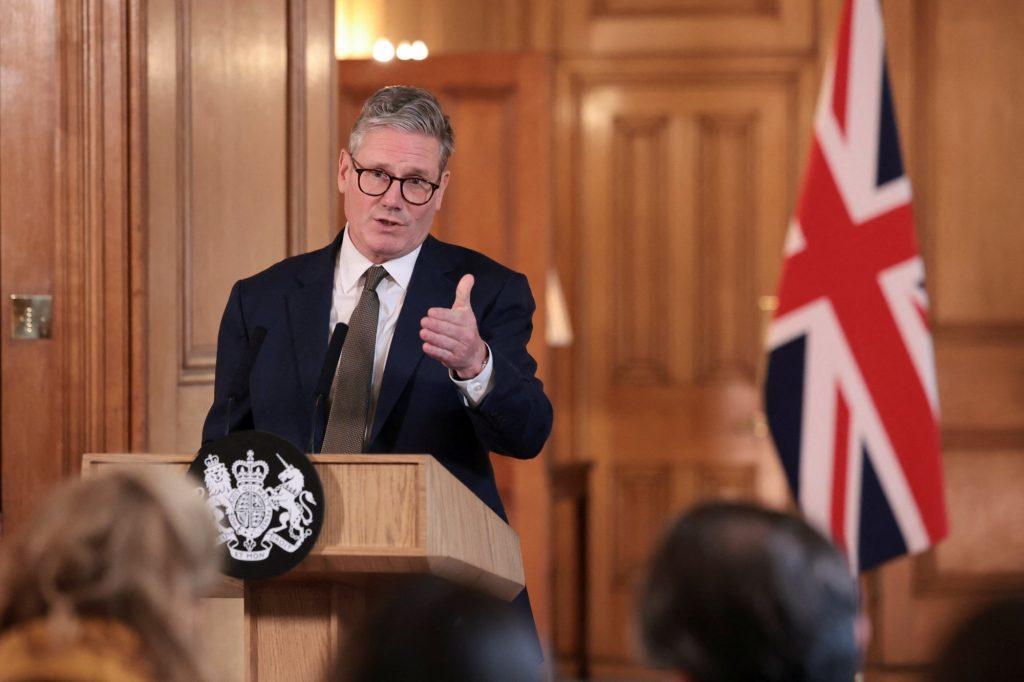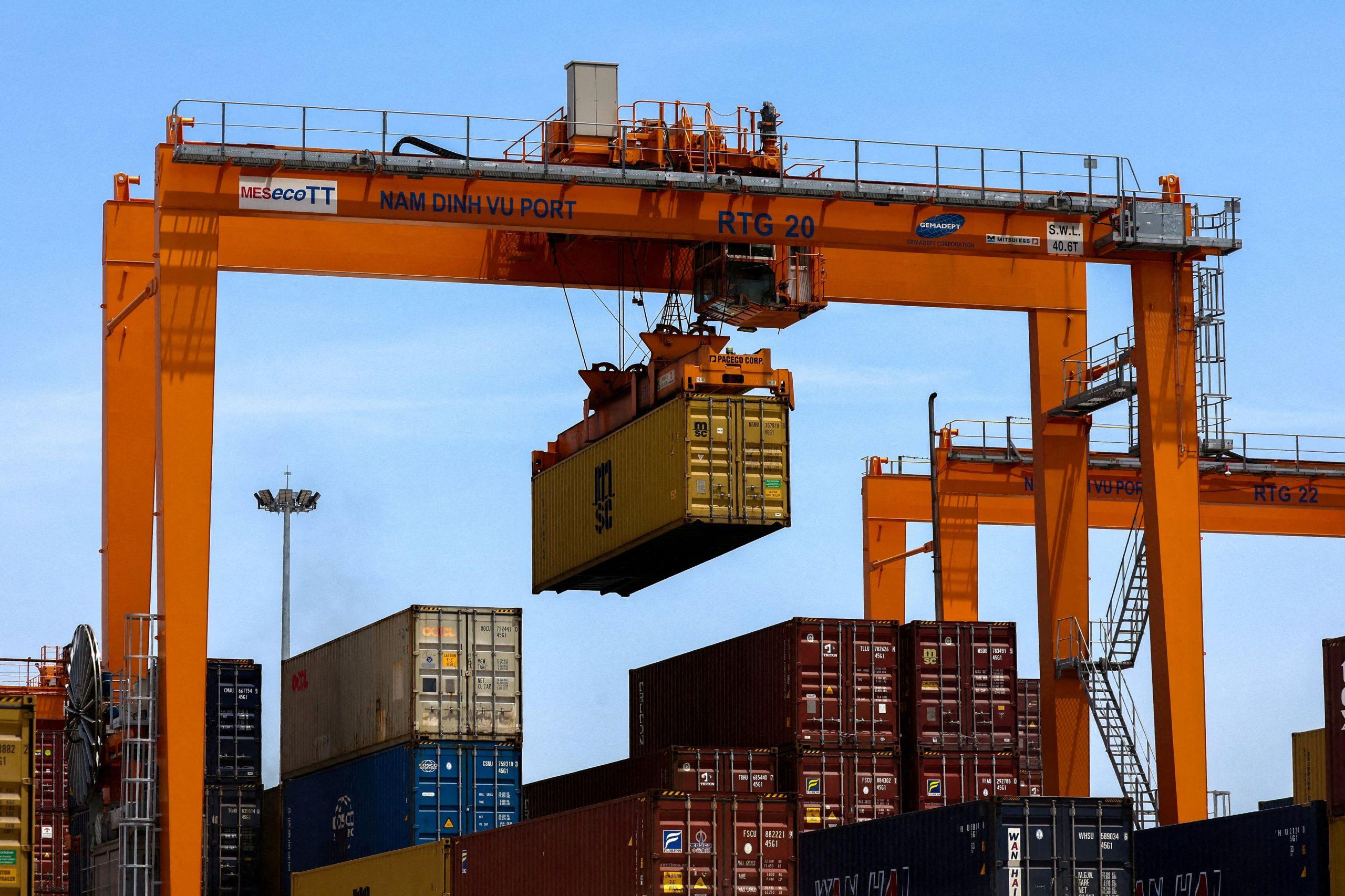During the summer, the Commission expects Greece to send more information about the assets in Greece of Russian oligarchs and Russian entities included in the list of European sanctions against Russia, which could be frozen and perhaps even confiscated through judicial process, justice commissioner Didier Reynders explained through his interview with “NEA” daily.
Mr. Reynders noted that the Commission wants more information, numbers and details about the reality in their country about the assets of oligarchs and entities, so that it can proceed with freezing and perhaps confiscation procedures through judicial process. Reynders who is in charge of a special task force to organize the process of freezing and confiscating the assets of Russian oligarchs and Russian entities, which are on the sanctions list noted that Greece has sent some information, but wants more. “I insisted at the last task force meeting to get more details during the summer,” he says, explaining that so far six countries, Luxembourg, Belgium, Germany, France, Ireland and Austria, have launched related procedures for frozen assets worth 12, 78 billion euros against a total of 13.92 billion in the EU.
Read also – Russian PM puts Greece on “unfriendly countries” list
The Belgian commissioner’s aim is not only to freeze assets, but also to potentially confiscate them, which requires the owners to be involved in criminal offences, such as corruption or money laundering.
“We proposed to expand the list of Euro-crimes to include the attempted violation of sanctions as a crime,” Reynders explained. Having already received the green light from the European Parliament, the Commission is waiting for the approval of the Council in October, after which it will propose a directive for the harmonization of sanctions so that it is possible in all member states to prosecute and organize a trial for violating sanctions. The ultimate goal is to put the money from the confiscations into a common fund for Ukraine, the European official says, hastening to note that it is apparently not enough to rebuild the country.
In this context, he raised the question of how Russia could participate in the reconstruction project. “There are three possibilities. Voluntary participation, negotiations during a peace process and perhaps freezing some of Russia’s assets for a long period of time until a real participation,” he pointed out, giving the example of the Russian central bank’s foreign exchange reserves, of which $300 billion have been frozen. But the answer to the question of whether they can be confiscated is “not obvious”, explains the justice commissioner, as there are immunities in international law for states and entities, there are also issues related to the human rights charter. He informed the paper that similar considerations and investigations are being carried out in the USA and Canada.
War crimes
As regards war crimes in Ukraine and the Ukrainian president’s request for an international tribunal. “Our aim is to use the existing tools, to improve their operation, to use the national jurisdictions, in Ukraine, where there are many investigations, and in member states. Fourteen member states are conducting investigations with universal jurisdiction. At the same time, we are trying to use the existing international courts, the International Criminal Court (ICC), the European Court of Human Rights” noted the Justice Commissioner. He also referred to the establishment of an investigative team involving Eurojust and six countries, that will ponder the extension of Eurojust’s jurisdiction over the storage of evidence.
“It is important that Ukraine ratifies the Rome Statute and joins the ICC before we discuss any other form of possibilities. Demonstrate a commitment to the Rome Statute and the ICC’s ability to investigate all possible crimes. It appears that the vast majority of crimes are committed by Russian soldiers against Ukrainian civilians. It is better to have investigations by the ICC with full details. Not just to have national (judicial) decisions in Ukraine, but also international decisions from the ICC. After the summer we will have more details about the possibility of proceeding with the war crimes investigation by the ICC. Maybe in the future we will consider the possibility of a special court” he said categorically.
He did not rule out having relevant discussions with the UN, considering that it will be difficult at the level of the Security Council, of which Russia is a permanent member, but there may be a way out through the General Assembly. He predicted, however, that solving the crimes in Ukraine may take a long time. “We may see an ongoing process of investigations, prosecutions and trials. It will be a long journey. It is a message to the Russian authorities and to the Russian people, who have committed atrocities, that if they are perpetrators of atrocities they will face the risk of investigations, prosecution and trial within their lifetime.”
Justice in Greece
NEA also asked him about the Greek judicial system. “In Greece, positive measures are being taken to improve the efficiency of the Judiciary” he stated, referring to the reform of the School of Judges, which aims to increase the quality of the training of judges, to the planned creation of a National School of Judicial Officers, which will contribute to the improvement of quality of assistance to judges and the management of courts, in the revision of the Code of Civil Procedure that seeks to have a positive impact on the efficiency of Justice, in particular with regard to delays in civil Justice, the digitization of Justice, for which he noted that it is included in Greek recovery plan. “What we are asking from Greece is the better participation of judges in the process of appointments to the highest positions in the Council of State, the Supreme Court and the Audit Court” he concludes.
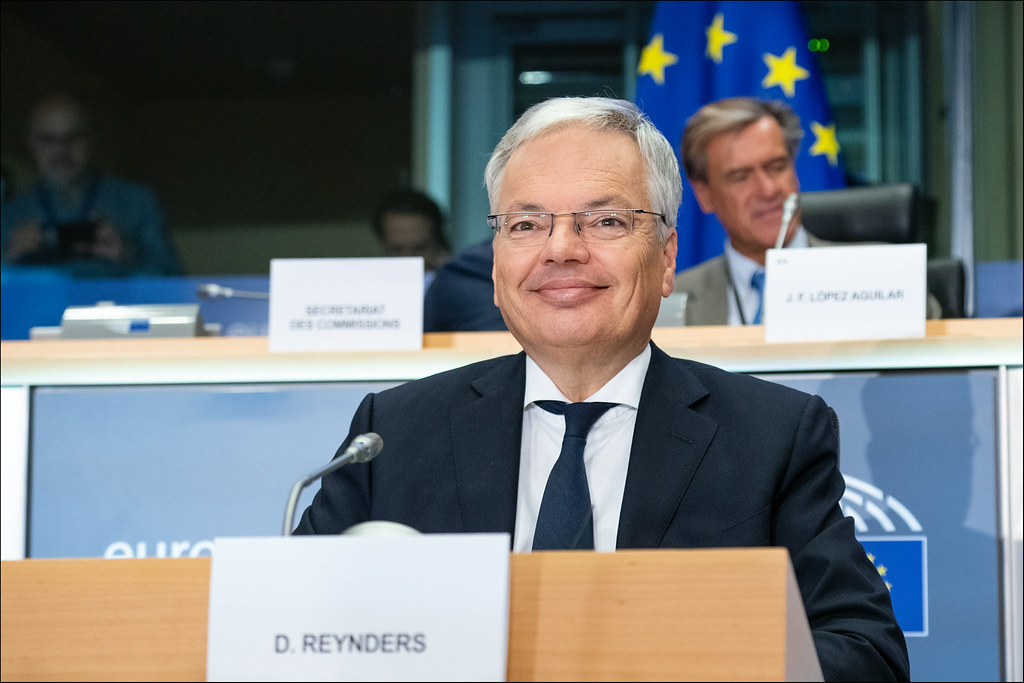
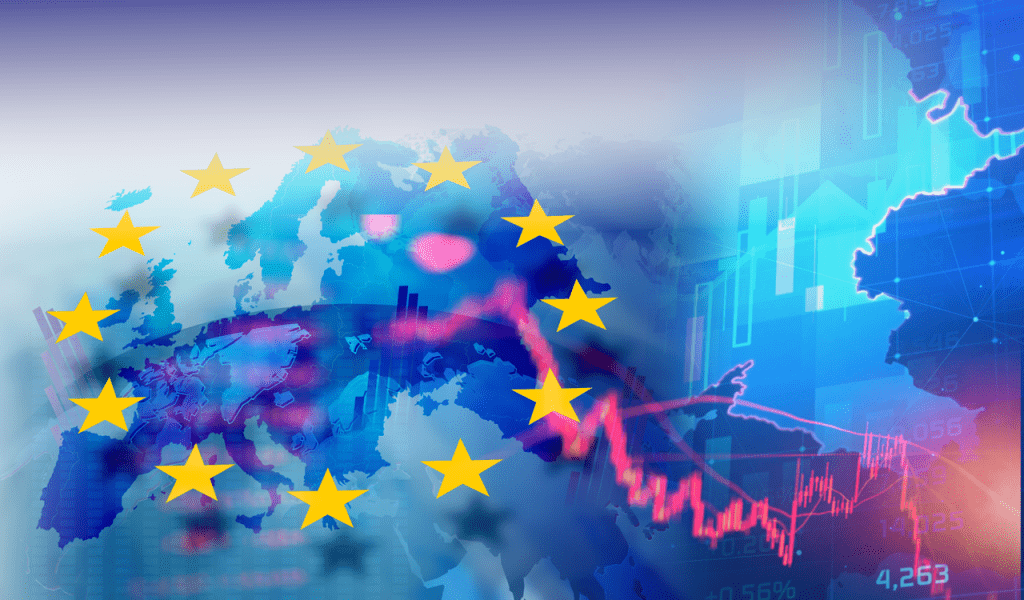
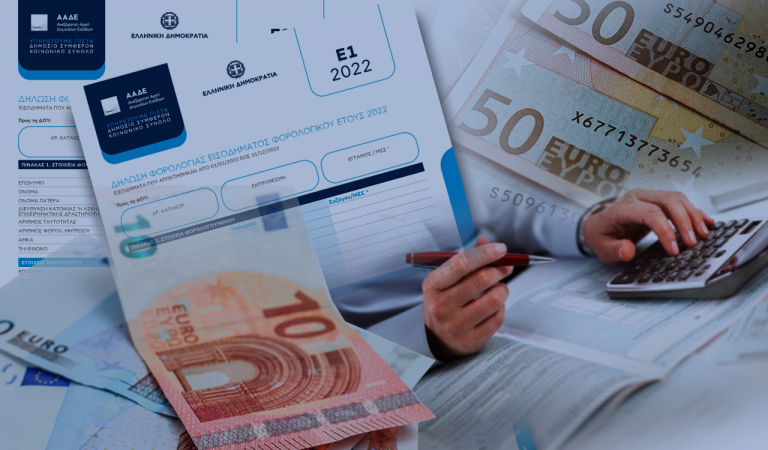
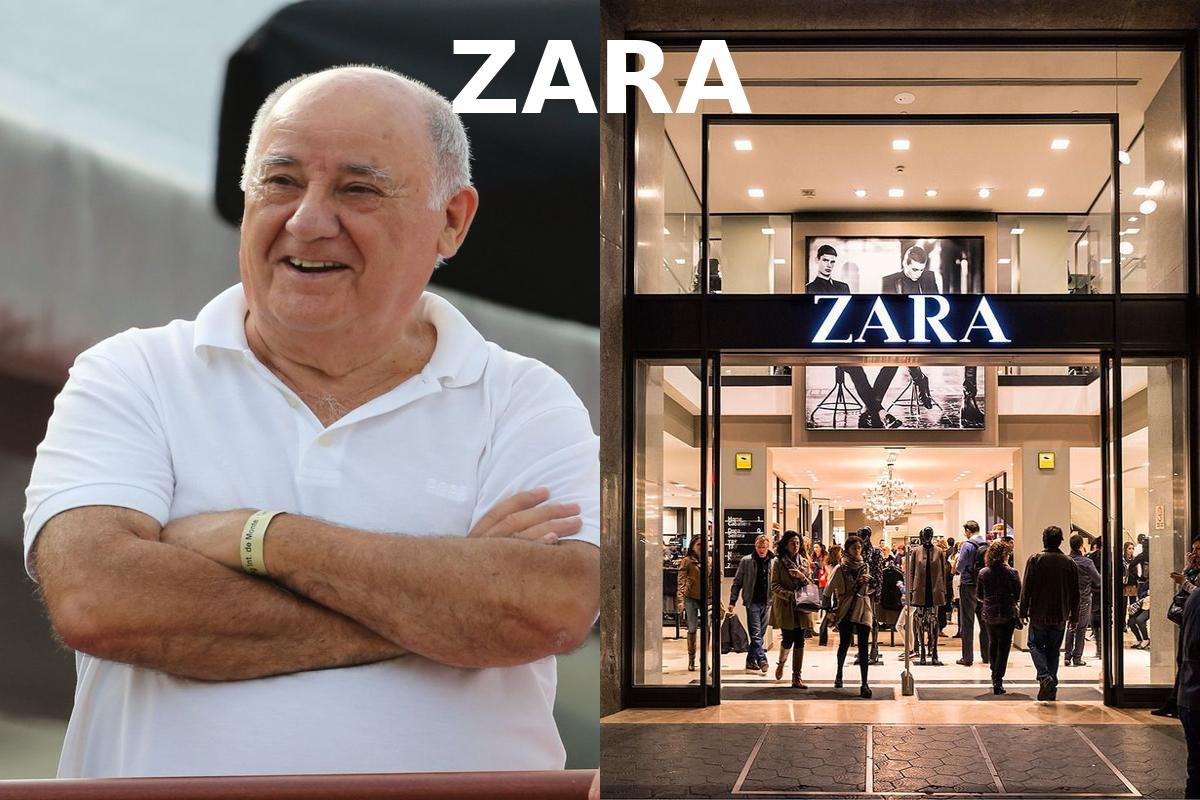
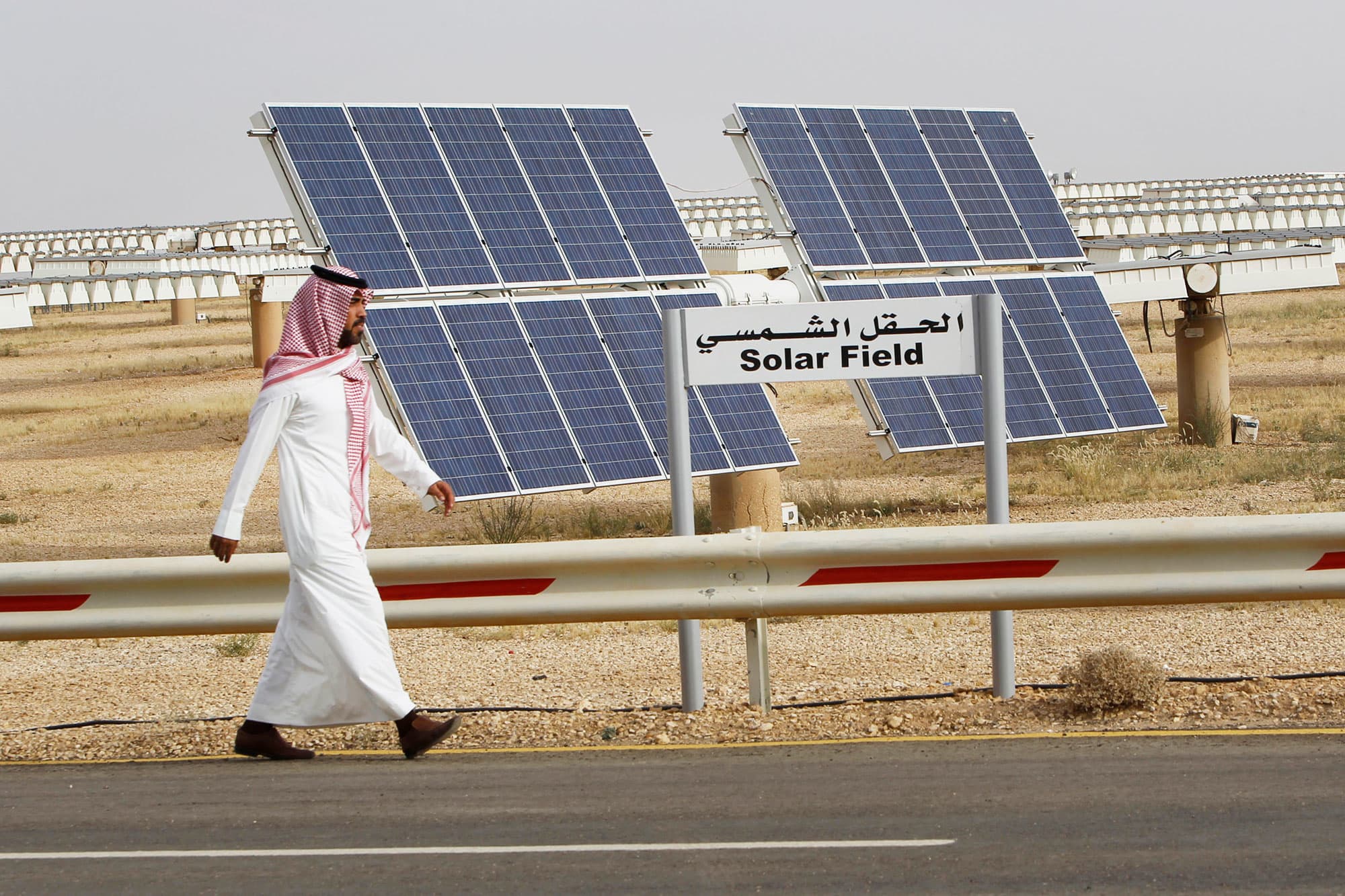



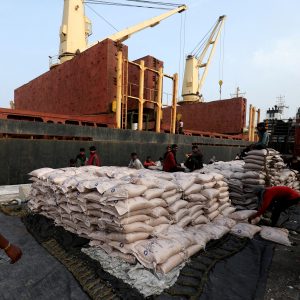

![ΗΠΑ: Γιατί η επενδυτική τραπεζική…φυτοζωεί; [γράφημα]](https://www.ot.gr/wp-content/uploads/2025/07/ot_banks_USA-768x450-1-300x300.png)

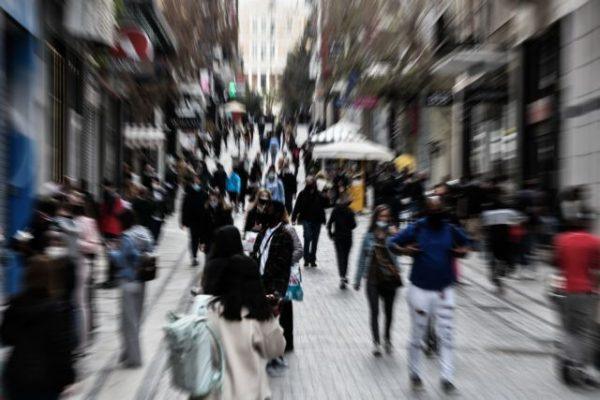

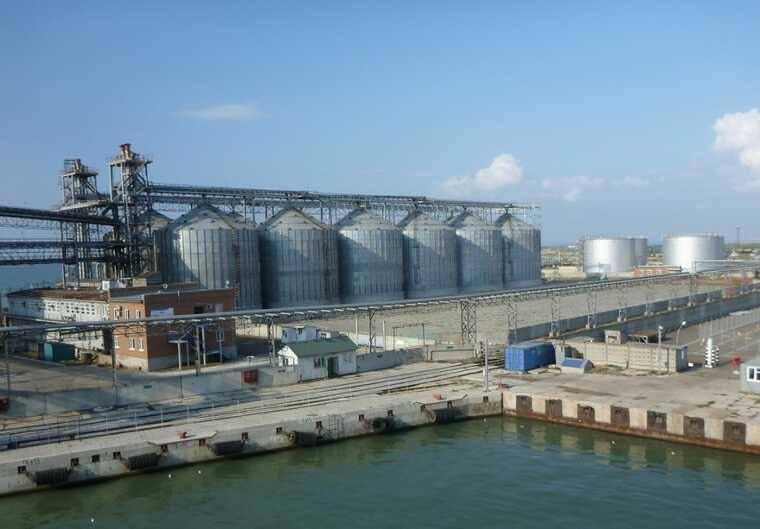

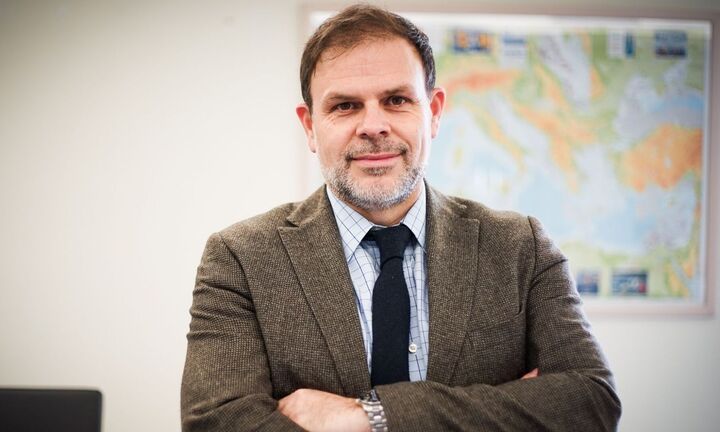

![Ακτοπλοϊα: Αυξημένη η κίνηση τον Ιούλιο παρά τα υψηλές τιμές στα εισιτήρια [πίνακες]](https://www.ot.gr/wp-content/uploads/2025/07/EV_BR_030918_APERGIA_PNO11-1024x683-1.jpg)

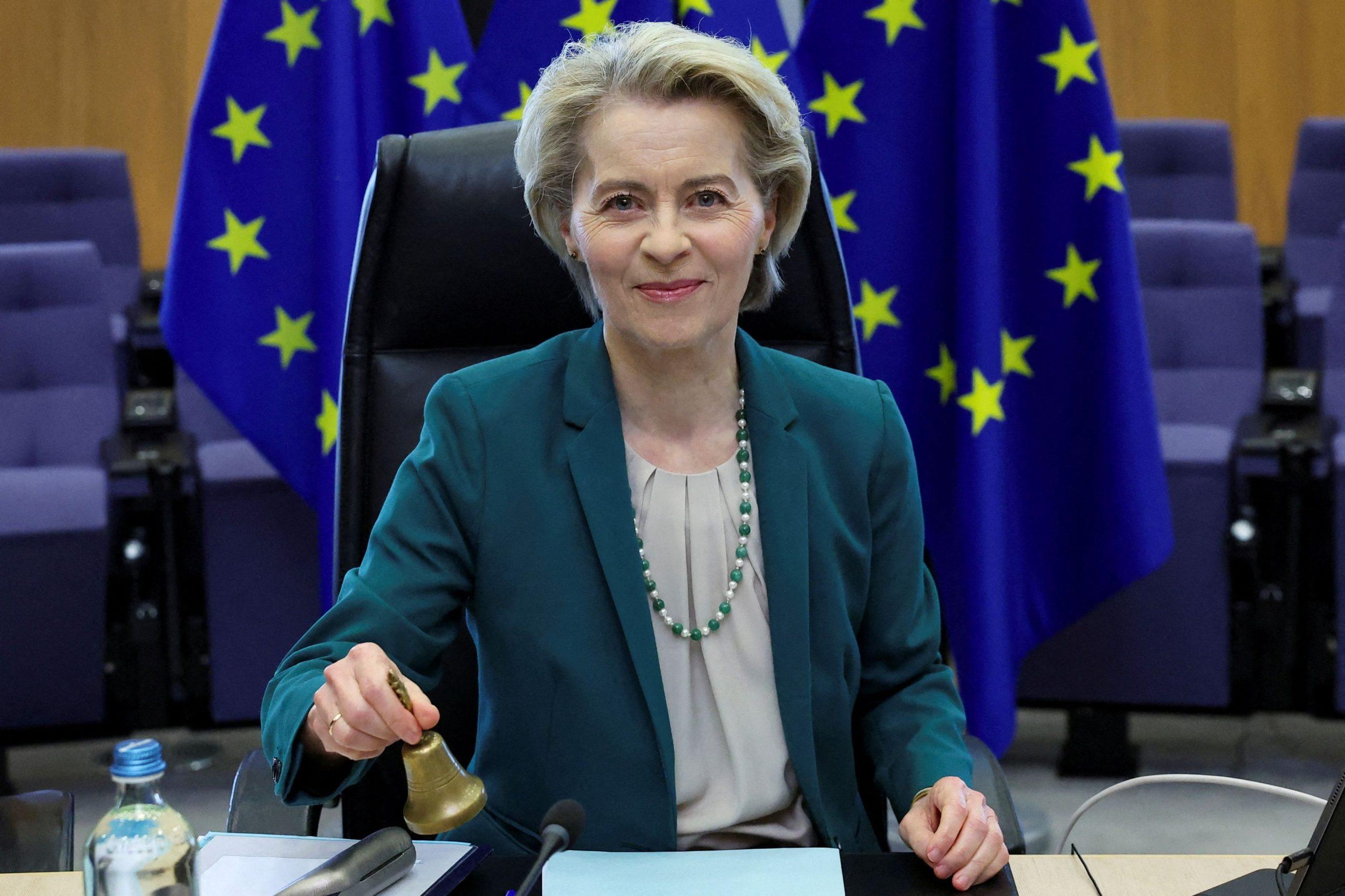
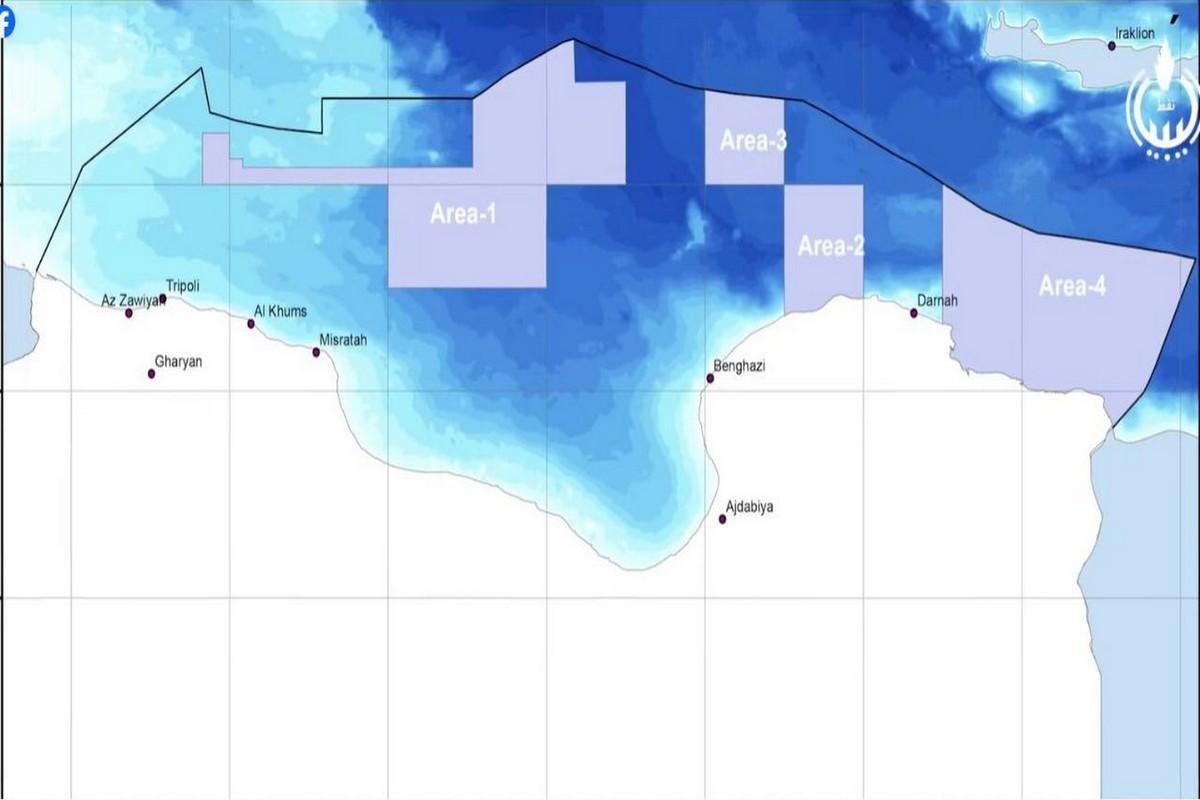

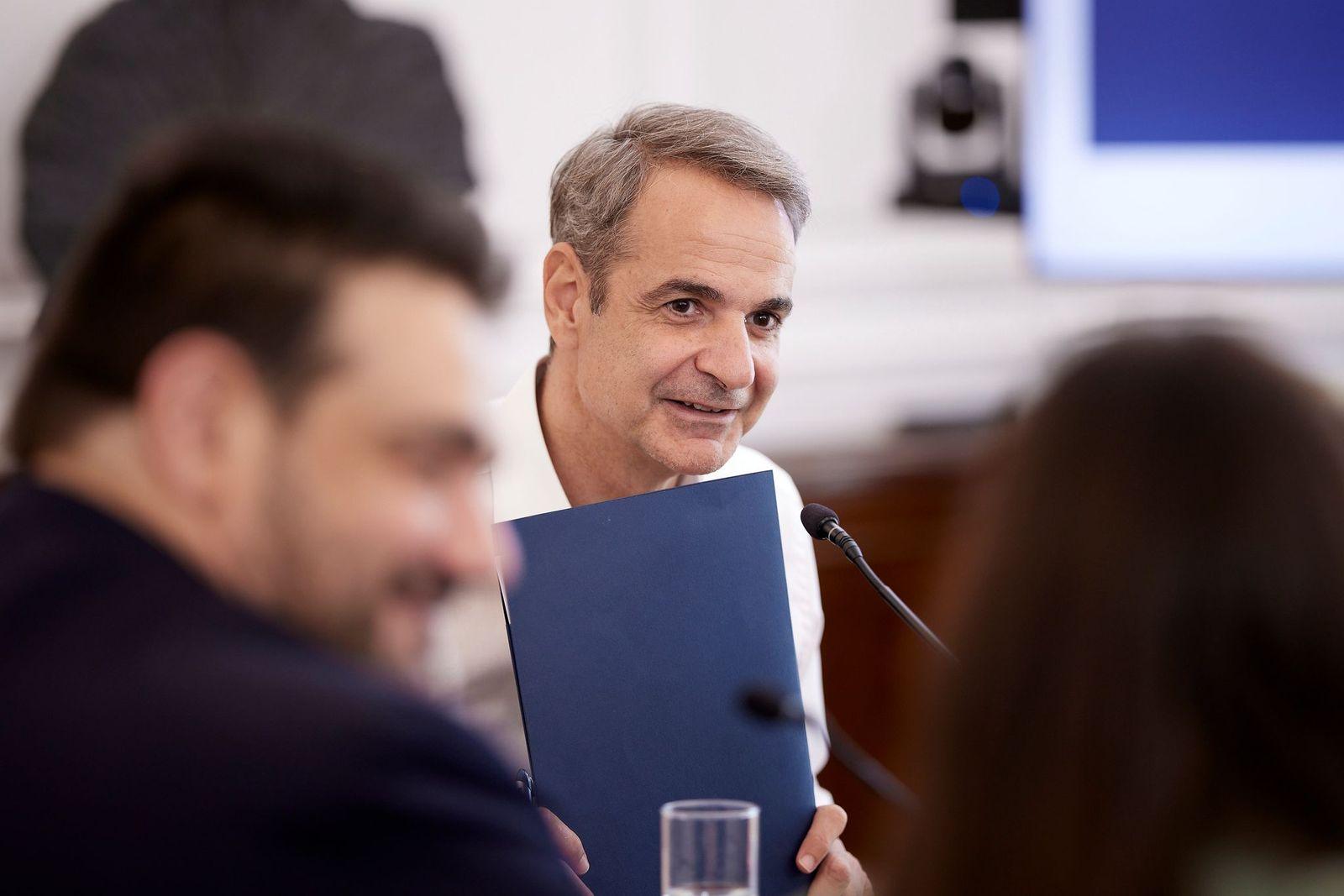
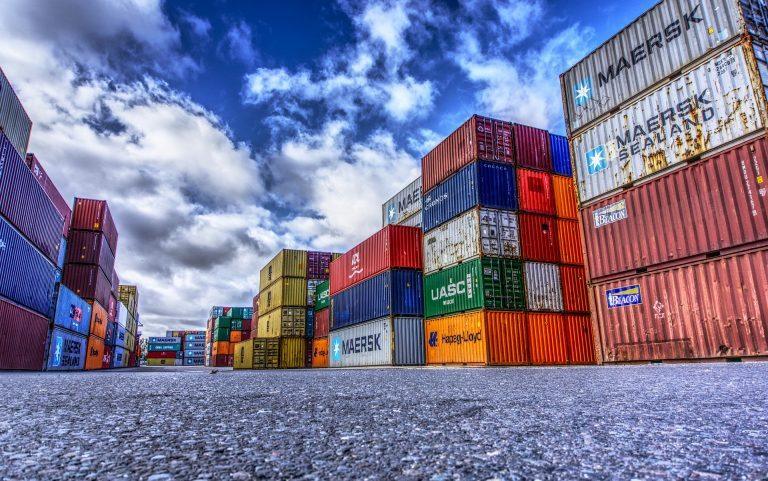




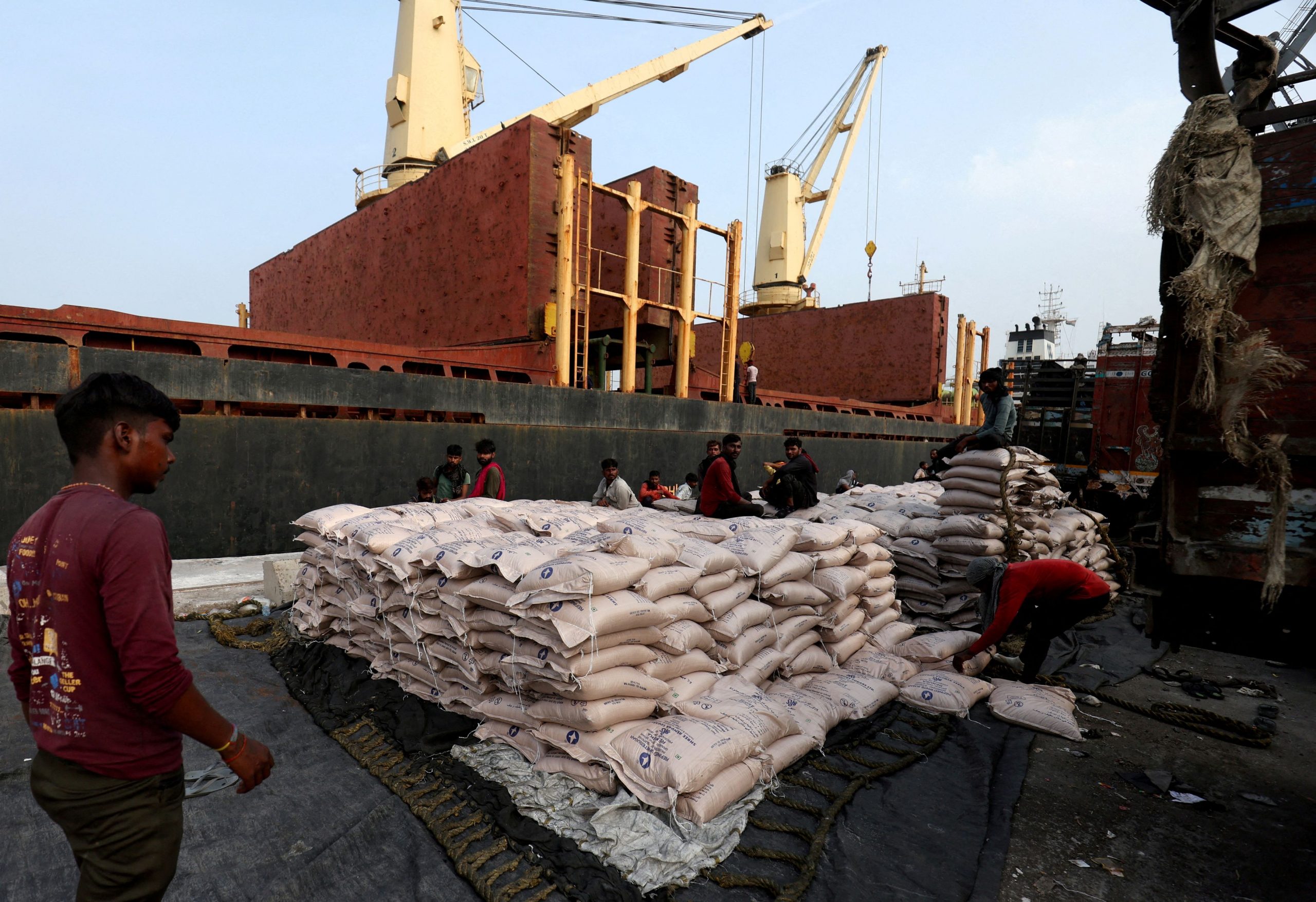

![ΗΠΑ: Γιατί η επενδυτική τραπεζική…φυτοζωεί; [γράφημα]](https://www.ot.gr/wp-content/uploads/2025/07/ot_banks_USA-768x450-1.png)
